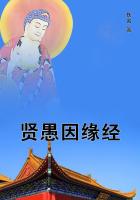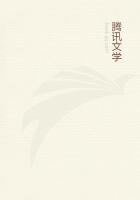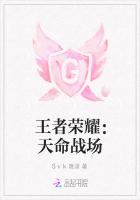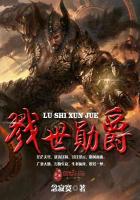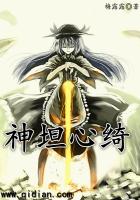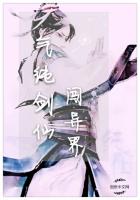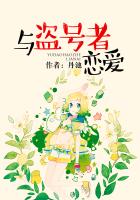Accommodating thirty horses, they were at present occupied by twenty-one, including the pony of little Ann. For height, perfection of lighting, gloss, shine, and purity of atmosphere they were unequalled in the county. It seemed indeed impossible that any horse could ever so far forget himself in such a place as to remember that he was a horse. Every morning a little bin of carrots, apples, and lumps of sugar, was set close to the main entrance, ready for those who might desire to feed the dear inhabitants.
Reined up to a brass ring on either side of their stalls with their noses towards the doors, they were always on view from nine to ten, and would stand with their necks arched, ears pricked, and coats gleaming, wondering about things, soothed by the faint hissing of the still busy grooms, and ready to move their noses up and down the moment they saw someone enter.
In a large loose-box at the end of the north wing Barbara's favourite chestnut hunter, all but one saving sixteenth of whom had been entered in the stud book, having heard her footstep, was standing quite still with his neck turned. He had been crumping up an apple placed amongst his feed, and his senses struggled between the lingering flavour of that delicacy,--and the perception of a sound with which he connected carrots. When she unlatched his door, and said "Hal," he at once went towards his manger, to show his independence, but when she said: "Oh! very well!" he turned round and came towards her. His eyes, which were full and of a soft brilliance, under thick chestnut lashes, explored her all over.
Perceiving that her carrots were not in front, he elongated his neck, let his nose stray round her waist, and gave her gauntletted hand a nip with his lips. Not tasting carrot, he withdrew his nose, and snuffled. Then stepping carefully so as not to tread on her foot, he bunted her gently with his shoulder, till with a quick manoeuvre he got behind her and breathed low and long on her neck. Even this did not smell of carrots, and putting his muzzle over her shoulder against her cheek, he slobbered a very little. A carrot appeared about the level of her waist, and hanging his head over, he tried to reach it. Feeling it all firm and soft under his chin, he snuffled again, and gave her a gentle dig with his knee. But still unable to reach the carrot, he threw his head up, withdrew, and pretended not to see her. And suddenly he felt two long substances round his neck, and something soft against his nose. He suffered this in silence, laying his ears back. The softness began puffing on his muzzle.
Pricking his ears again, he puffed back a little harder, with more curiosity, and the softness was withdrawn. He perceived suddenly that he had a carrot in his mouth.
Harbinger had witnessed this episode, oddly pale, leaning against the loose-box wall. He spoke, as it came to an end:
"Lady Babs!"
The tone of his voice must have been as strange as it sounded to himself, for Barbara spun round.
"Yes?"
"How long am I going on like this?"
Neither changing colour nor dropping her eyes, she regarded him with a faintly inquisitive interest. It was not a cruel look, had not a trace of mischief, or *** malice, and yet it frightened him by its serene inscrutability. Impossible to tell what was going on behind it. He took her hand, bent over it, and said in a low voice:
"You know what I feel; don't be cruel to me!"She did not pull away her hand; it was as if she had not thought of it.
"I am not a bit cruel."
Looking up, he saw her smiling.
"Then--Babs!"
His face was close to hers, but Barbara did not shrink back. She just shook her head; and Harbinger flushed up.
"Why?" he asked; and as though the enormous injustice of that rejecting gesture had suddenly struck him, he dropped her hand.
"Why?" he said again, sharply.
But the silence was only broken by the cheeping of sparrows outside the round window, and the sound of the horse, Hal, munching the last morsel of his carrot. Harbinger was aware in his every nerve of the sweetish, slightly acrid, husky odour of the loosebox, mingling with the scent of Barbara's hair and clothes. And rather miserably, he said for the third time:
"Why?"
But folding her hands away behind her back. she answered gently:
"My dear, how should I know why?"
She was calmly exposed to his embrace if he had only dared; but he did not dare, and went back to the loose-box wall. Biting his finger, he stared at her gloomily. She was stroking the muzzle of her horse; and a sort of dry rage began whisking and rustling in his heart. She had refused him--Harbinger! He had not known, had not suspected how much he wanted her. How could there be anybody else for him, while that young, calm, sweet-scented, smiling thing lived, to make his head go round, his senses ache, and to fill his heart with longing! He seemed to himself at that moment the most unhappy of all men.
"I shall not give you up," he muttered.
Barbara's answer was a smile, faintly curious, compassionate, yet almost grateful, as if she had said:
"Thank you--who knows?"
And rather quickly, a yard or so apart, and talking of horses, they returned to the house.
It was about noon, when, accompanied by Courtier, she rode forth.
The Sou-Westerly spell--a matter of three days--had given way before radiant stillness; and merely to be alive was to feel emotion. At a little stream running beside the moor under the wild stone man, the riders stopped their horses, just to listen, and, inhale the day.

